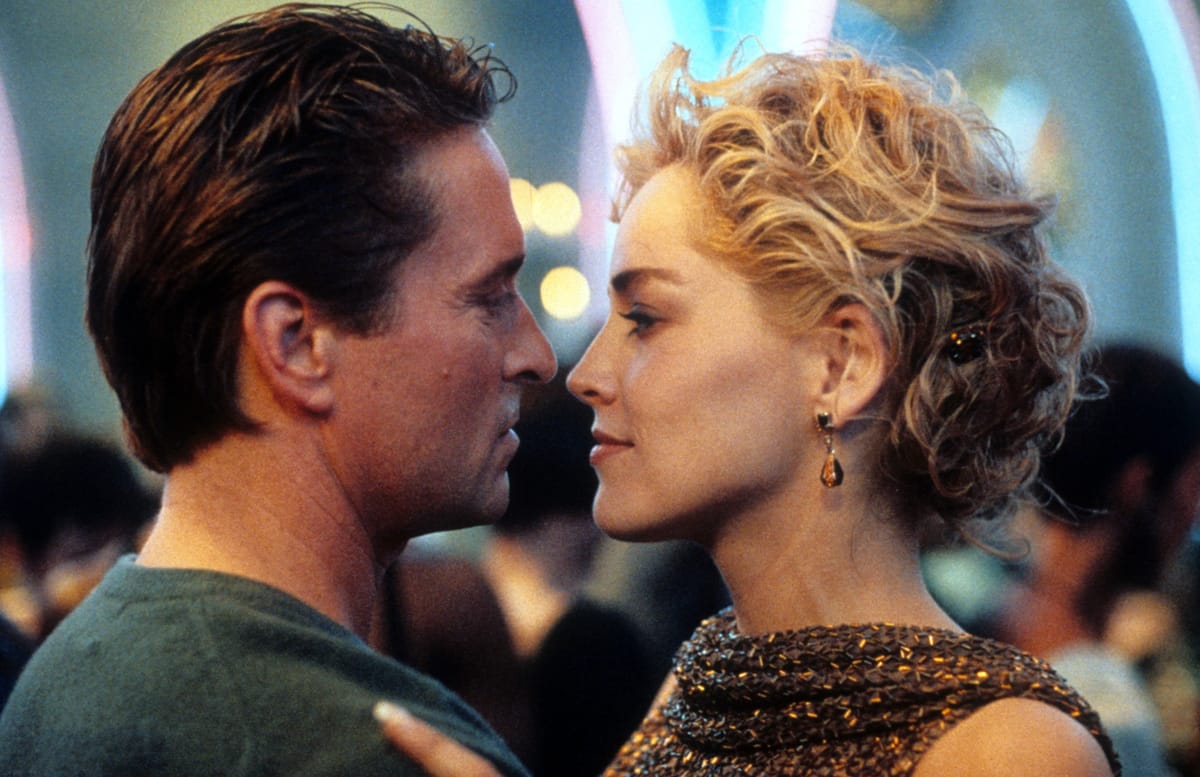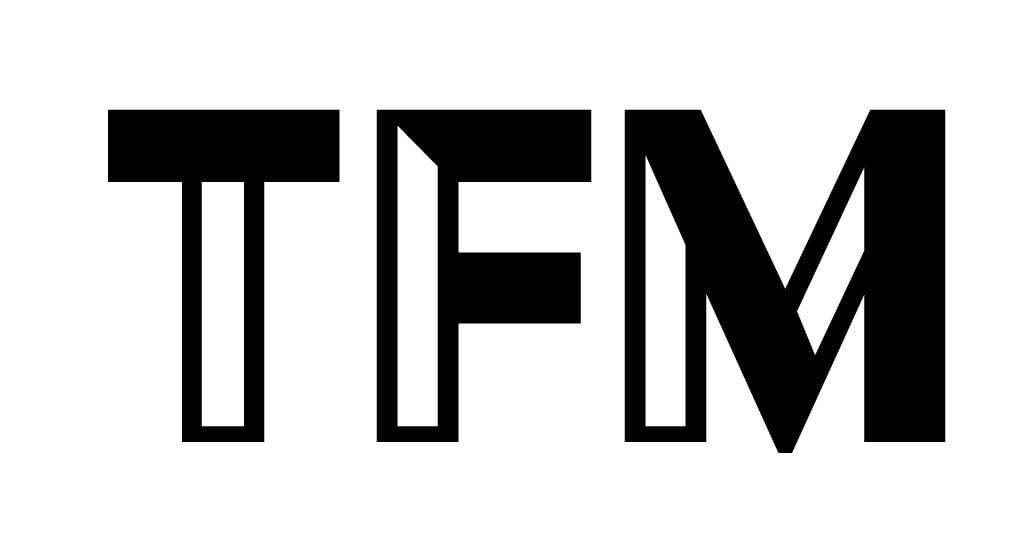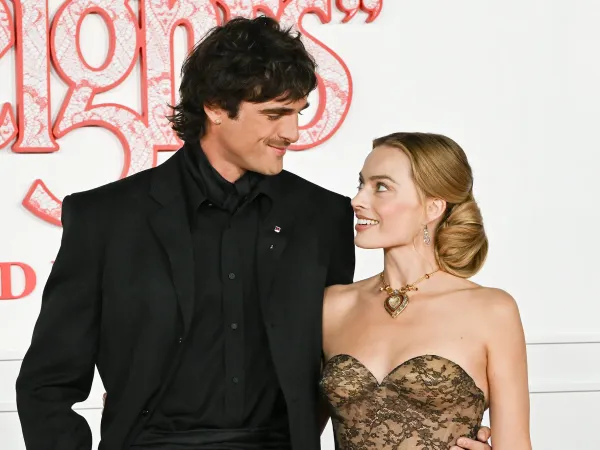Hollywood Falling Back on Questionable Men Feels like a Basic Instinct
With Joe Eszterhas bringing back Catherine Trammell and Victorian morality tales being adapted by Johnny Depp what power is Hollywood rebelling against?

Welcome to this installment of The Trade, an examination and exploration of topics in the entertainment industry. This post is free but it’s worth it to become a paid member of The Film Maven community! Paid subscribers are the backbone of The Film Maven and becoming one shows support for independent journalism, as well as female- and disabled-created content. It also allows me to write really fun articles and hire freelance writers. And becoming a paid subscriber gives you access to The Trade, my examination and exploration of topics in the entertainment industry, my Popcorn Disability articles on disabled representation in film, and more. I also cross post these over at The Film Maven Patreon where you can subscribe, at the same price, without supporting Substack itself. Subscribe and show your support for independent journalism.
Two headlines out of Hollywood got plenty of notice this past week: first that Joe Eszterhas is re-booting his original screenplay concept of Basic Instinct at Amazon, and that Johnny Depp and Ridley Scott are working on some bizarre Hyde graphic novel series that could, in theory turn into a film down the line. Something felt off about the stories—not that heavyweights were planting seeds in hopes of a future harvest on the industry’s love of well-known intellectual property. That’s a given. That’s not special or unique at all.
No, it was something else entirely: the overwhelming, foreboding gloom of the timing and political implications of these two individual statements. And what they’re saying feels gross, regressive, and bald-faced for anyone aware enough to listen.
The original Basic Instinct was released in 1992, when I was six years old. There has barely been a time in my life where references to the film didn’t wheedle themselves into pop culture. Scantily clad interrogation scenes are de rigueur, almost as lazy of cinema shorthand as an 8 ½ moment of a middle-aged man leering over sunglasses at a pretty girl. And yet, for all the times that scene has been reference people ignore the fact that actress Sharon Stone maintains to this day the infamous leg crossing scene was filmed without her consent.
A line in the announcement article about Ezsterhas on The Wrap caught social media’s attention: “The Eszterhas reboot,” the article said, “is expected to be ‘anti-woke,’ according to an individual with knowledge of the deal.” Of course, our source for this conceptualization is anonymous, but let’s be real: it had to come from somewhere and it had to come from someone kind of high up on the movie-making food chain.
The Film Maven is a reader-supported publication. To receive new posts and support my work, consider becoming a free or paid subscriber.
The quote attributed to Eszterhas that appears in many outlets is itself a real humdinger and hasn’t gotten nearly the attention it deserves thanks to the anonymous “anti-woke” statement of purpose. I’m once again pulling from The Wrap: “‘To those who question what an 80-year-old man is doing writing a sexy, erotic thriller: the rumors of my cinematic impotence are exaggerated and ageist,’ said Eszterhas in a statement. ‘I call my writing partner the TWISTED LITTLE MAN and he lives somewhere deep inside me. He was born 29 and he will die 29 and he tells me he is ‘sky high up’ to write this piece and provide viewers with a wild and orgasmic ride. That makes me very happy.’”
It makes me roll my eyes, but I am not, at my core, a 29 year old man.
Many people have bemoaned the loss of “sexy” movies coming out of Hollywood, explicit movies made for explicitly adult audiences. Audiences—and Pedro Almodóvar—have been complaining since at least 2019 that juggernaut Marvel movies just aren’t sexy; Karina Longworth did an entire season of You Must Remember This about the heyday of the erotic thriller; my favorite culture writer, Jude Doyle, also went down an erotic thriller rabbit hole on his newsletter last summer. But when we asked for more bold movings about the politics of sex, we maybe should have been more specific.
Unlike other erotic thrillers of the early 90s era like, say, Indecent Proposal, in which two men fight in vain to control the sexuality of a woman they both desire, Basic Instinct is a neo-noir, dependent on the corrupting agency of a female character to lead our hero astray. The corruption of Sharon Stone’s femme fatale, though, is her coded masculine appetites for sex, for women, for revenge, and for literal bloody murder. Having a screenwriter flagrantly admit he’s learned nothing in the last time since the film’s release, and no doubt celebrates the movie’s anti-woke elements, like it’s misogyny and claims of being homophobic, continues to champion the growing sense of meanness we’re seeing in our current society.
Thanks for reading The Film Maven! This post is public so feel free to share it.
It’s hard to compare a film containing cinema’s most notorious (and predatory!) upskirt shots to a Victorian novel, but here we are. Robert Louis Stevenson’s The Strange Case of Dr. Jekyll and Mr. Hyde is an 1886 treatise on mental illness, a parable about emergent science and a Victorian morality tale. Dr. Jekyll is a man in the obsessive thrall of his own genius, unable to stay humble in the possibilities of his own research. The novella is a tale of substance abuse and what happens when a man becomes enraptured by a magical elixir that turns him into a vehicle of unrepentant rage. And, above all, it is about a man whose greatest triumph and dirtiest sin is the erasure of inhibition, leading to a monstrous representation of unchecked appetite.
The press release quotes about Hyde are much more PC, to the point that the Variety exclusive announcement makes Scott and others involved in the project seem downright oblivious to the issues at play, though details of the production and its companion graphic novel series are boorishly obvious. Fully transformed and leaving Dr. Jekyll in the dust, the titular Hyde, per the press release, “freely explore[s] his dark tendencies with uninhibited abandon.”
The forthcoming graphic novel, written by the president of the production company Mechanical Cake, co-producing the adaptation with Scott Free, has designed its on-page character with Depp’s well-known likeness. They are not shying away from Depp, a man still deep in the shadow of accusations of significant sexual assault, abuse, and substance use. Though he has been dropped from multi-billion dollar franchises that previously championed his involvement, Mechanical Cake and Scott Free are leaning in. It is, as the kids say, a choice to build a picture on this star’s shaky foundations. Though, of course, a quick dip to the Mechanical Cake company website reveals a company motto of, “Don’t worry about pleasing any of the people any of the time.”
An interesting perspective to take on making a consumer-facing product, but who am I to say. Again, the hope is that audiences will flock to buy this purely on Depp’s notoriety. Though the association with Scott, and the fact that Depp has a feature coming out with actual actors, makes one wonder if Hollywood just assumes everyone has forgotten ALL the issues around him.
In 2015, one of the world’s most celebrated crime writers, Val McDermid, wrote a piece for The Guardian about the politics of, well, murder fiction. Though Stevenson’s Dr. Jekyll was not originally written as a piece of mystery fiction, we will allow that it is in itself a fairly good whodunnit thriller, a story of investigations into missing men and violence plaguing London. That Basic Instinct is a thriller is without question.
McDermid offers that on the overall, crime novels are:
“critical of the status quo, sometimes overtly, sometimes more subtly. It often gives a voice to characters who are not comfortably established in the world – immigrants, sex workers, the poor, the old. The dispossessed and the people who don’t vote.
The thriller [emphasis added], on the other hand, tends towards the conservative, probably because the threat implicit in the thriller is the world turned upside down, the idea of being stripped of what matters to you.”
In the past few years, many of us have found a sort of perverted solace in knowing that the people who are loudly criticizing the #MeToo movement, who are attacking diversity/equity/inclusion efforts, and who are grossly misusing the concept of “wokeness” are acting like animals caught in a trap. Their thrashing, violent, desperate screams are the dying bleats of a once-powerful force of nature feeling its lifeblood being drained away. Their worlds have been turned upside down, their unchecked and unearned power—what they hold most dear to their sense of selves—is being stripped from them. Campaigns hinging on “anti-wokeness” are pathetic and silly and desperate.
That leaves us to hope, of course, that both of the projects announced this past week completely subvert our expectations and offer nuanced ruminations on power, on privilege, on sex, on abuse, and on life itself. But, and I say this with a sigh, my hopes are not high. After all, I have read The Strange Case of Dr. Jekyll and Mr. Hyde, a novella with flaws of its age but a compelling lesson nonetheless: that any of us giving into our pride, over and over again, refusing all self-reflection and contemptuous of critique, are condemned to become a monster:
But time began at last to obliterate the freshness of my alarm; the praises of conscience began to grow into a thing of course; I began to be tortured with throes and longings, as of Hyde struggling after freedom; and at last, in an hour of moral weakness, I once again compounded and swallowed the transforming draught.
But, maybe this is where we’re at. These moves feel like the filmmaking landscape is saying, “Here there be monsters, deal with it.” If the goal is to get people back into the movie theater, and the idea that reheating nostalgia will bring people in, is the concept that we can reheat the flawed stars and films of the past to cater to the current political regime? It’s a bitter pill to swallow and could very well backfire. Or it will continue to say that people are just content to lie down and take what they can get.
Let’s work together! If you have editorial opportunities and would like to collaborate with me on an entertainment or disability project, drop me a message.
What do you think about these movies? Leave a comment below or join us in The Film Maven Chat to discuss this and other topics!




